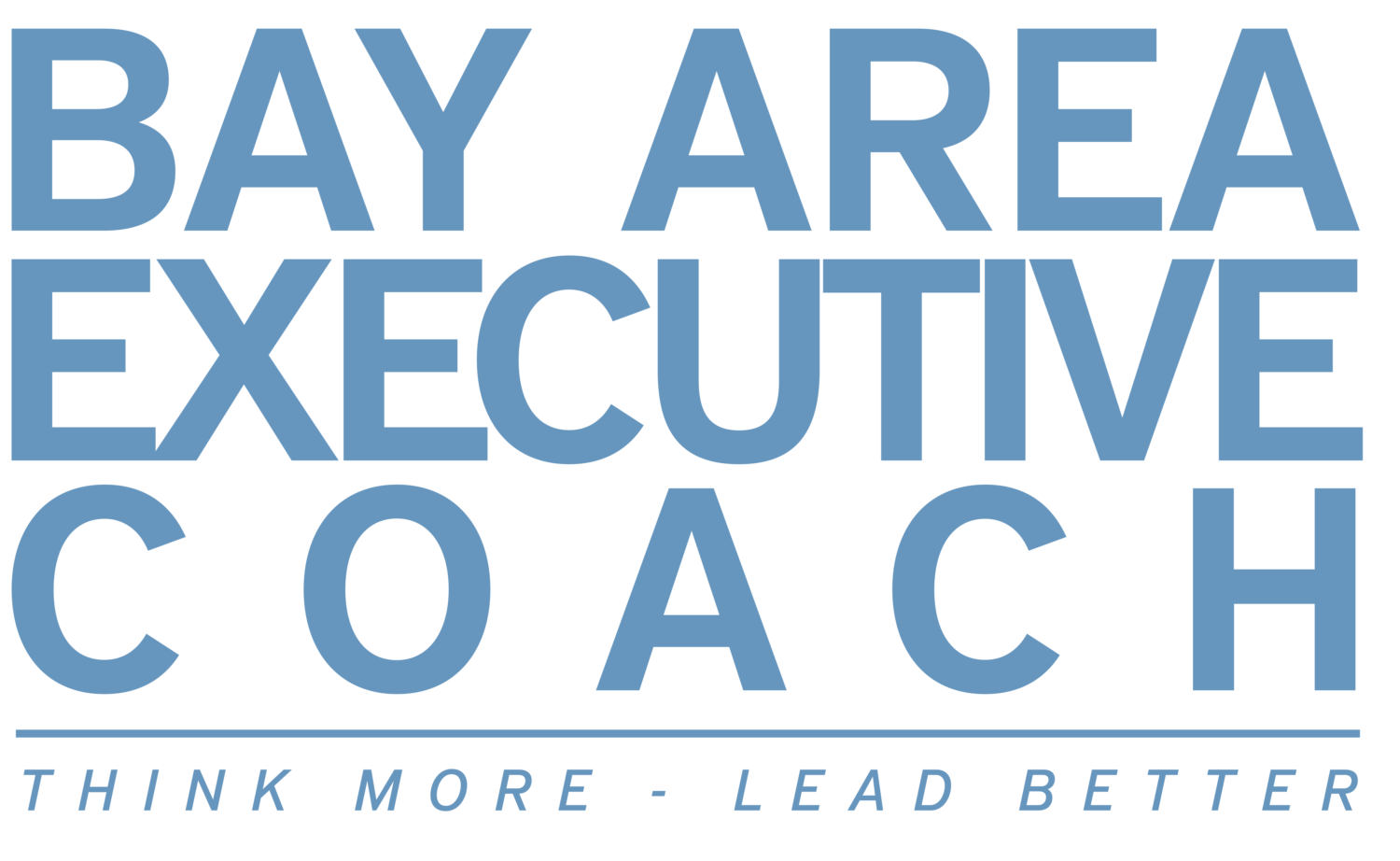For many enterprises today, team training is essential to creating a vibrant and thriving company culture. Indeed, it’ s now a core component of any successful business culture.
Beyond training team members to be more skilled at their jobs, team training also includes team-building training and the training of team leaders themselves. Executives who understand and support these training programs foster a company culture that can benefit from renewal, innovation, and growth for years to come.
Company Culture: A Brief Definition
What do we mean by “company culture?” Forbes magazine offers this useful definition: 
“Company culture is the shared values, belief systems, attitudes, and the set of assumptions that people in a workplace share.”
Stated another way, company culture is the vibe of the workplace and the foundation behind how things get done.
Company culture is oftentimes embodied in a written code of conduct or mission statement. Sometimes it’s defined by the management style, or even found within a set of informal, unwritten rules widely adhered to by employees. However manifested, company culture is important to both current and prospective employees. According to an Indeed survey, 72% of job seekers stated it was “very or extremely important” to see details about company culture in job descriptions.
In a healthy company culture, every employee feels valued and empowered to do their best work. They believe in the company they work for and sincerely want it to succeed beyond their personal needs for employment. They take pride in their work and in the company and brand their work represents.
A healthy company culture fosters high morale, increased productivity, higher worker motivation, genuine feelings of trust, along with more autonomy, innovation, transparency, optimism, . . . the list goes on.
Other characteristics of a good company culture might include comfortable workspaces, a transparent and accessible leadership team, and genuine workplace friendships that make teams stronger.
The Role of Training in Growing a Healthy Company Culture
Training programs play an ever-important role in growing healthy company cultures by encouraging and advancing the growth of employees as workers and as people. People who know more can do more, and training is an ideal tool for making such growth happen.
Employee training can positively impact a company’s culture by improving job satisfaction, personal engagement, and employee retention. Through training and development, enterprises can dramatically reduce employee turnover and increase their employee ROI.
Training also demonstrates to employees their company’s commitment to advancing careers and making people more productive and valuable. Training builds a sense of pride that comes with expanding one’s knowledge base and skill set. It also demonstrates a company’s core values in action to support its employees.
Some Tangible Cultural Benefits of Training
Training affects company culture in positive ways by promoting behaviors and work patterns that yield tangible business improvements. Some examples:
- Training helps eliminate micromanaging. When employees are trained to develop brand new skills or improve upon existing ones, they’re more confident in their ability to work with little or no direct supervision. Beyond confidence, it creates capable teams able to work without regular supervision
Micromanagement can quickly erode team morale and individual initiative. When the presence of micromanagement is reduced or even better, eliminated altogether, productivity amongst the management team rises because managers are free to focus their energy in other more strategic areas. The resulting rise in morale, upleveled teamwork and feelings of mutual respect contribute to a healthy company culture.
- Training enhances the company’s reputation: Employees engaged in training and development programs are more likely to take pride in their companies. Moreover, well trained employees who are trusted to work autonomously based on the above generally will strive to perform at a high level on the job in response to being invested in by their organization. Employees who strive in this way will benefit by enjoying a better reputation for themselves and ultimately their company. Their higher morale and sense of pride spill over to help build a culture and a brand held in high esteem by management, employees, and customers.
- Training builds company cultures attractive to job seekers: The job of the recruiting team is to attract and hire the best available talent. People are typically not attracted to dead end jobs. Most people, especially young people just starting their professional careers, prefer jobs at companies offering well-defined pathways to growth and advancement. Team training programs provide such pathways, and are therefore effective in attracting “the best and the brightest.”
- Training helps to retain employees: Training programs are also effective in retaining employees. When a company directly helps its employees advance in their careers, employees’ belief in the company culture as being supportive and attractive tends to grow. This is a vital step towards improving employee retention.
The Role and Value of Team Training in Corporate Culture
Training employees within a team learning environment not only teaches them the subject material, but strengthens their abilities to collaborate and contribute to team unity.
As noted by Peter Senge of the MIT Sloan School of Management, who authored The Fifth Discipline, “Team learning is vital because teams, not individuals, are the fundamental learning unit in modern organizations.
Because teamwork is at the core of so many successful company cultures, savvy in-house training departments may want to focus their efforts on developing and conducting training programs that emphasize the team over the individual.
Team Training Benefits that Build Company Culture
Here are 7 benefits of team training that promote stronger company cultures:
- Team training helps build employee relationships. Participants in team training have the opportunity to interact with one another during training. They view other participants as people with distinct opinions, talents, and ideas. They can also better question, challenge, and motivate each other – all factors that work to increase information retention and course completion rates.
A recent Harvard University study revealed students gain more knowledge from interactive team-based learning than from lectures. Collaboration helps students develop social skills and social networks to improve their understanding of new information. Team training also impacts their future professional development by establishing strong social ties within professional networks.
The relationships growing from team training programs form bedrock for a robust company culture. The resulting team dynamics can make its positive presence felt through the organization.
- Team training increases employee engagement. Engaged employees tend to be enthusiastic participants willing to invest their energies in the company’s success. They not only give their best in the workplace, they’re also less likely to leave the company, improving retention rates.
When teams train together, engagement with their jobs and their employer typically grows. Engaged employees are usually much happier in their jobs. They find meaning and purpose in what they do and they feel fulfilled by investing in their work efforts.
“Happier . . . purposeful . . . fulfilled . . . enthusiastic . . . invested.” What company culture wouldn’t desire such attributes? 
- Team training improves collaboration. Collaboration is a soft skill of particular importance in our networked and connected workplace. When employees train together, discuss topics with each other, and learn frameworks for evaluating and applying techniques and theories to their projects, they expand their ability to work well together.
Additionally, instructors have the opportunity to guide team members in ways of working together on problems and collaborating effectively. This improves the outcome of the work a team produces.
Fostering collaboration is a big challenge for leaders of hybrid companies. Knowing that training can be a step forward in that direction and support collaboration as part of the company culture should be encouraging.
- Team training benefits productivity. Productivity accelerates when groups learn together because the whole team can get on board with a new way of completing tasks quickly. Teams that collaborate well are more productive, as the many benefits of team training feed into productivity gains
The ultimate goal of any company culture is to create an environment for its employees to succeed and hence for the company to succeed. Team training thus plays a significant role in building a productive business culture because engaged, collaboratively-inclined teams tend to be more productive teams.
- Team training fosters goal achievement. Every company and, ideally, every one of its employees have goals: tasks or benchmarks they want to achieve in the short and long term. However, defining realistic goals and planning for their achievement is often an uncertain and tedious process. Balancing and managing goals can be equally daunting, making them seem unachievable.
Team training not only may encourage participants to identify their goals, but to also go about turning those goals into results with the support of new knowledge and skills. When attaining individual goals means team success, everyone on that team benefits.
A company culture that values team success over individual success is much stronger for doing so. Team training instills a team-first mentality that translates into a company culture where things get done.
- Team training builds accountability. Individual training is useful, but no one holds the trainee accountable when they miss a training session or fail to achieve their goals.
However, in a team training session, trainees are expected to attend every training session and give every activity their best effort. Being held accountable to the team in this manner motivates team members to show up and be recognized, which makes the team more competitive.
When every team member feels this responsibility and pushes to get the best out of every other member, the team becomes tight, responsive, and confident. Team training builds a culture rooted in responsible team work.
- Team training builds confidence. When one’s confidence is either lacking or weakened, it may be difficult to find it again without encouragement from other people or outside sources. Team training affords the chance to build confidence through the encouragement and suggestions of fellow trainees.
Not only can they help repair the damaged confidence of a person in need, but they can help push that person to exceed their preconceived limitations and do more than they ever thought. Good company cultures thrive on confidence, and team training can play an important role in cultivating confident employees.
Teamwork’s Importance in Company Culture
“Great things in business are never done by one person. They’re done by a team of people.” So said the late Steve Jobs in describing his approach to building a successful company.
In a nutshell, Jobs’ statement illuminates the importance of teamwork and why it should be incorporated into a company’s business culture.
Teamwork isn’t achieved by a group of people simply working together. It’s achieved by a group of engaged people with diverse skills and experiences who work together willingly and effectively to meet common goals.
Executives and managers need to be dedicated to building, maintaining, and growing a culture that embraces and champions teamwork and other core values. They must nurture employees through team training and other programs to lead by example, so that everyone feels part of a winning team.
With the rise of millennials and Gen Z in the workforce, teamwork has become especially crucial to recruiting, engagement, and retention efforts. These generations grew up in a highly collaborative and socially connected environment where working together and solving problems together was common and expected. This teamwork trend will likely continue as more Millennials and Gen-Zers rise to management positions. As a result, the culture of teamwork will likely come to characterize workplace culture in general.
To Create a Better Culture, Train More Teams 
Purely and simply, training a team can improve a company’s culture,
A healthy company culture invests in its workforce through learning and development. By providing training opportunities to teams, a company improves and enriches its culture by improving employee engagement and job satisfaction, and bolstering overall employee happiness.
Team training encourages the kind of flexible, creative, and collaborative culture that charts a company’s course towards sustainable growth and market leadership. Team training helps employees feel valued and derive meaning from their work. That’s a hallmark of a company culture where individual well-being is tantamount to bottom line success.
••••
Team training and development is a core part of our service offerings. To learn more about the programs we offer, view them here. If you don’t see what you are looking for, reach out to see if we may have an option that’s not listed. Submit any questions you have via our Contact Form.
Team training builds confidence among team members. But do some take their confidence too far? Read our article on Confidence vs. Arrogance: What’s the Difference?
Take a look at our case study on how to bring a team together for strategic planning success.
Watch our video on raising employee engagement:
Featured photo sourced from Pexels which can be found here and secondary photo also sourced from Pexels can be found here.




















